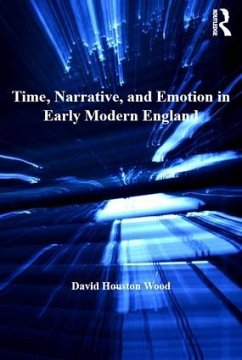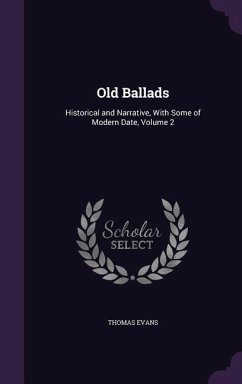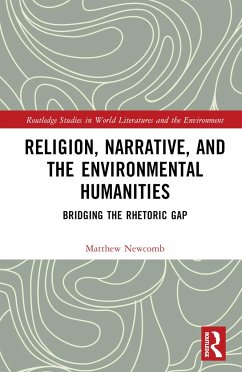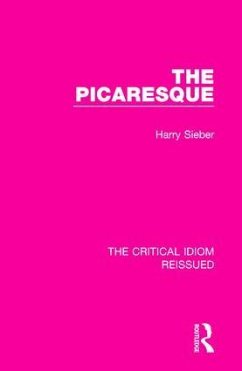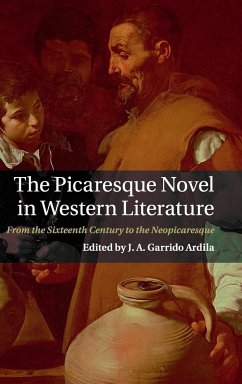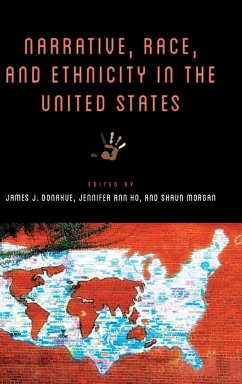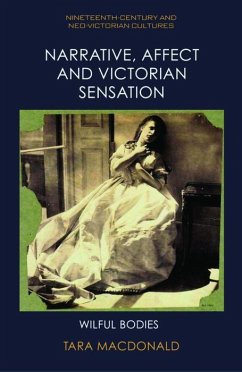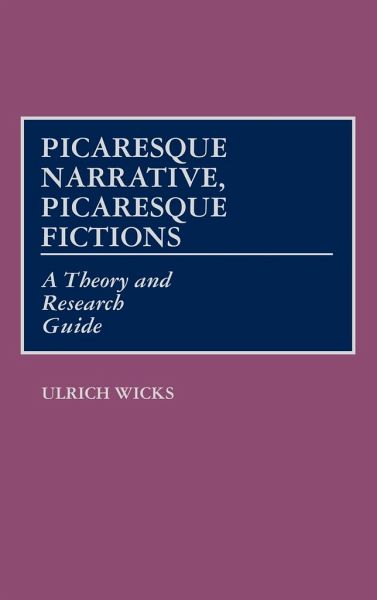
Picaresque Narrative, Picaresque Fictions
A Theory and Research Guide
Versandkostenfrei!
Versandfertig in 1-2 Wochen
78,99 €
inkl. MwSt.

PAYBACK Punkte
39 °P sammeln!
Wicks has made a number of important contributions to the study of the picaresque. . . . Wicks's book does not attempt to answer all questions posed by the term, but it provides the most comprehensive view to date on the issues in the picaresque debate. The first third of the book deals with a consideration of the picaresque as a genre, the role of the picaresque in literary scholarship, the value of a modal approach, and the nature of picaresque narrative. The difficulties raised in the chapter on the picaresque mode, for example, indicate how this approach, despite its flaws, can illuminate ...
Wicks has made a number of important contributions to the study of the picaresque. . . . Wicks's book does not attempt to answer all questions posed by the term, but it provides the most comprehensive view to date on the issues in the picaresque debate. The first third of the book deals with a consideration of the picaresque as a genre, the role of the picaresque in literary scholarship, the value of a modal approach, and the nature of picaresque narrative. The difficulties raised in the chapter on the picaresque mode, for example, indicate how this approach, despite its flaws, can illuminate texts and contribute to the critical process. The remainder of the book includes brief but perceptive analyses of more than 60 picaresque works, from Alonso, mozo de muchos amos to the Woody Allen film, Zelig. The metacritical thrust and the extensive bibliography make this a true `theory and research guide.' A must for public and academic libraries. Choice Picaresque fiction, according to Wicks, is neither a historical episode in the development of the novel nor merely a phenomenon in the social and literary history of Spain, although both are important manifestations of this essential narrative form. It is, he contends, universal narrative structure and theme. His book describes and defines picaresque narrative with careful attention paid to its historical development as a genre and its persistent appeal as an archetypal narrative structure. Beginning with a definition and discussion of the basic picaresque narrative structure and theme, Part I considers the origins and development of a specific type of picaresque narrative in sixteenth and seventeenth century Spain--the picaresque novel. This is followed by a history of the term and its various interpretations by critics over the years. He then proposes a genre-construct of picaresque narrative, followed by an extensive bibliography of critical works. Part II explores the usefulness of generic awareness in the act of reading by describing sixty specific works of fiction which collectively illustrate the full narrative spectrum of the picaresque mode.




